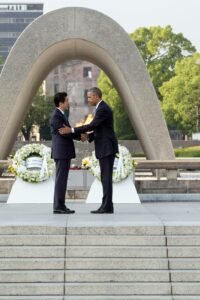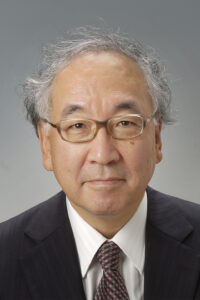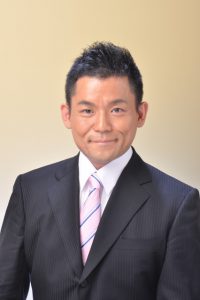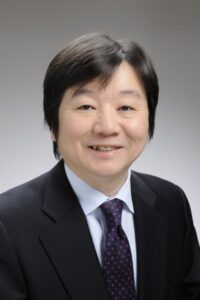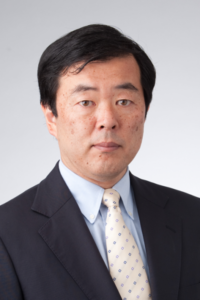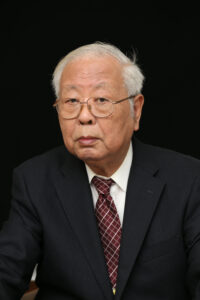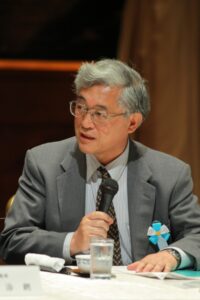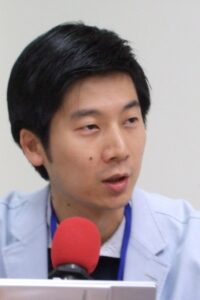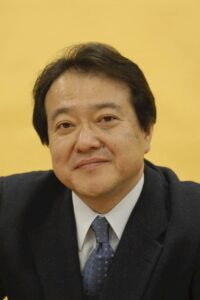
A task known in Japan as kaketsuke-keigo (coming to the aid of a geographically distant unit or personnel under attack) will be added to assignments for the Self-Defense Forces (SDF) unit to be sent to South Sudan in November 2016, at the earliest. Armed forces dispatched by emerging nations will perform the role of guarding the United Nations (UN) peacekeeping operations in the country. The SDF unit will be mobilized in a limited way. However, changing the procedural standard is necessary for the SDF unit to properly perform the newly assigned task of kaketsuke-keigo. Located in the center of the African continent, South Sudan, which gained independence in 2011, is the youngest nation in the world. Japan is involved in the UN peacekeeping operations (PKOs) aimed at helping the country build and stabilize itself. In July 2016, a large-scale armed conflict broke out ... ... [Read more]
